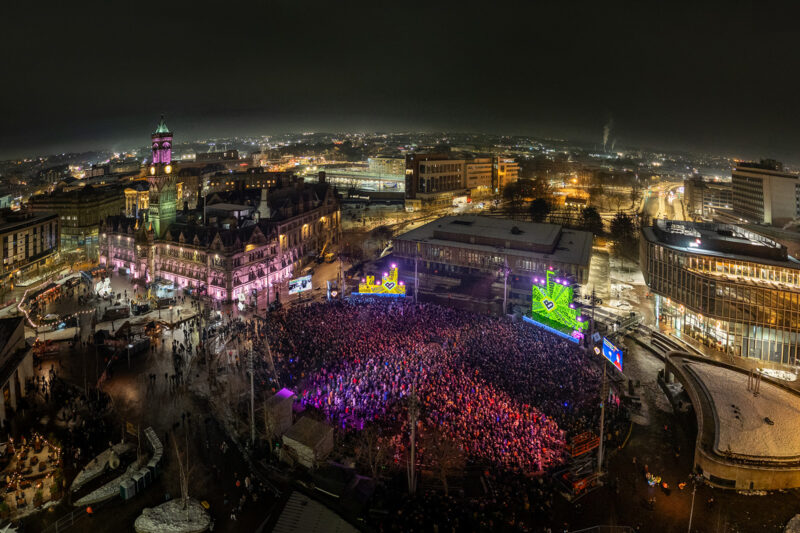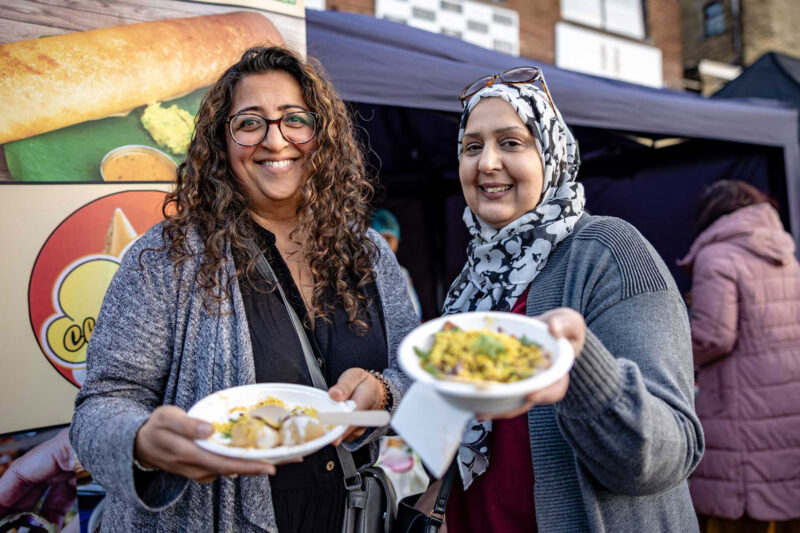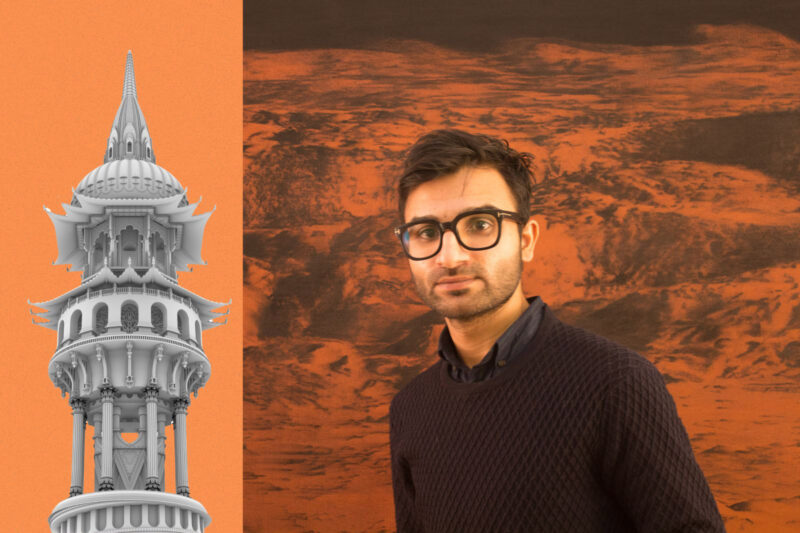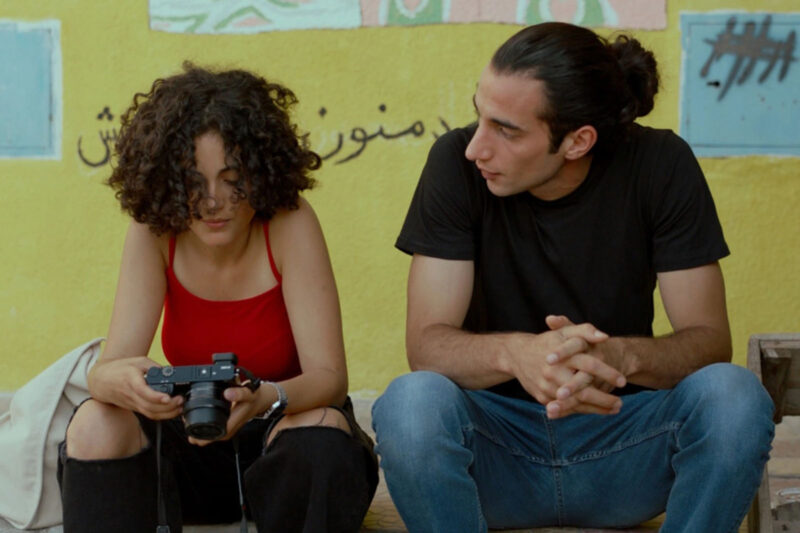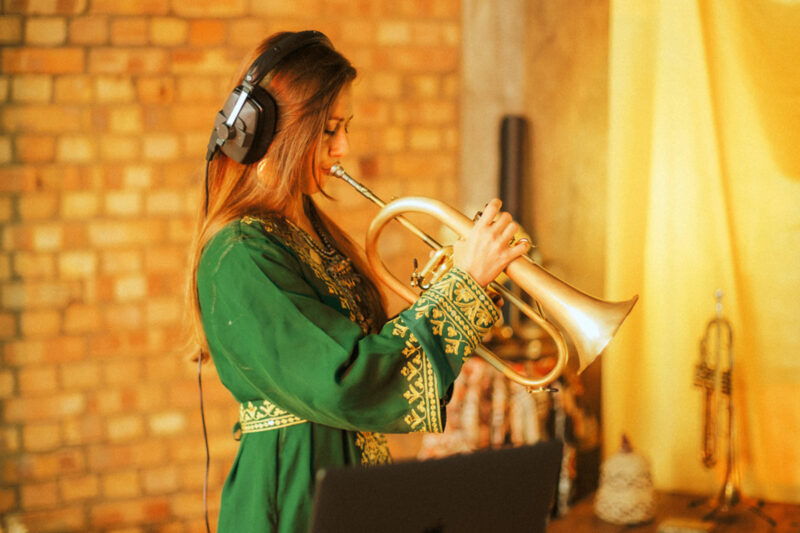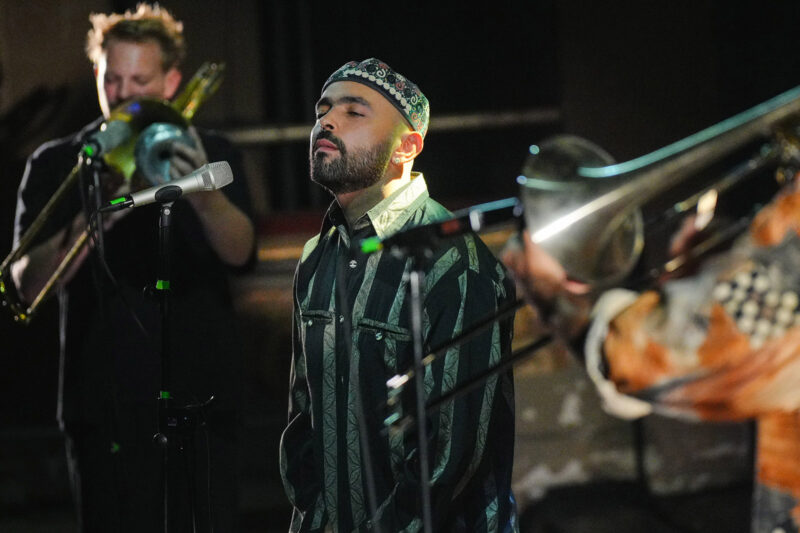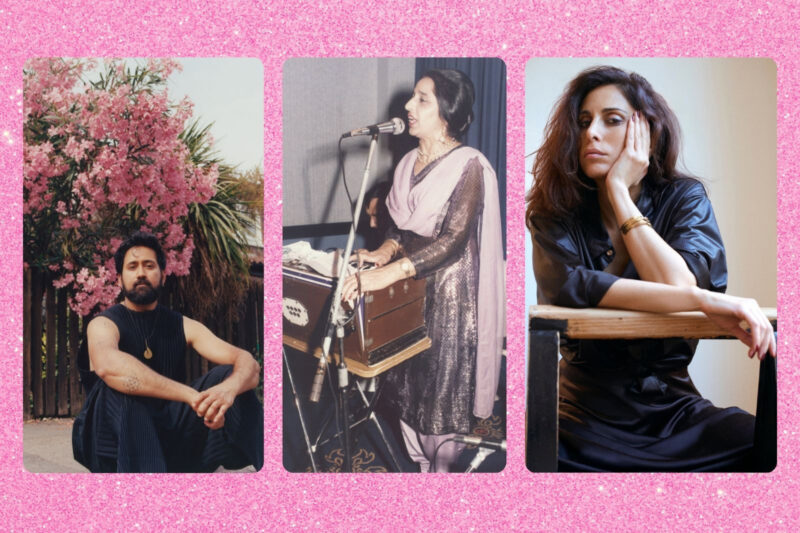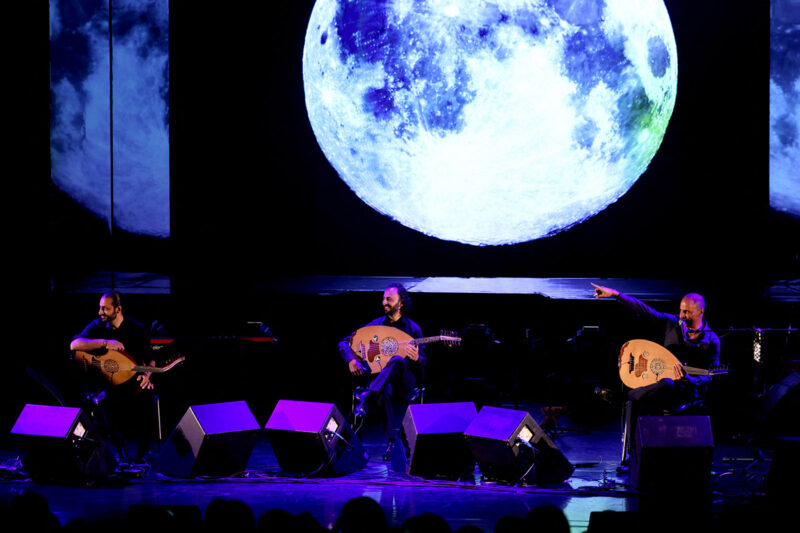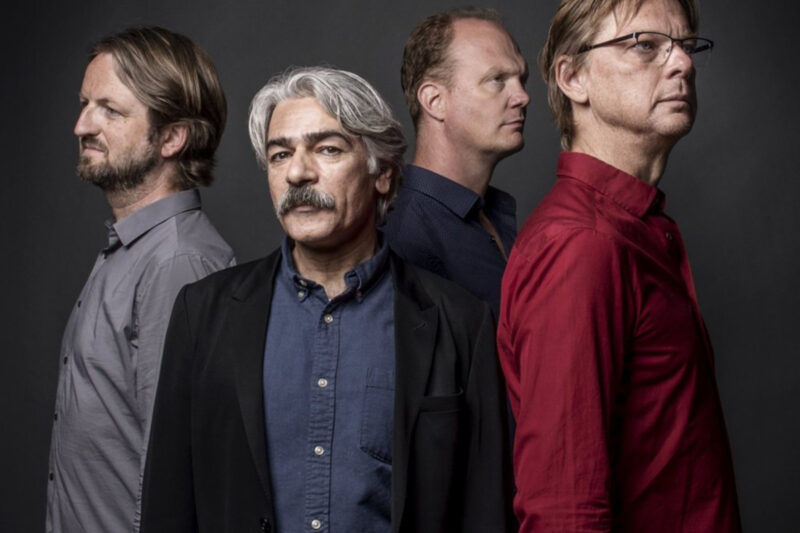‘Close your eyes and lose yourself’: the Brighton community reviving mehfil culture
The centuries-old South Asian classical tradition is finding a new home giving musicians an intimate space to perform to diverse audiences
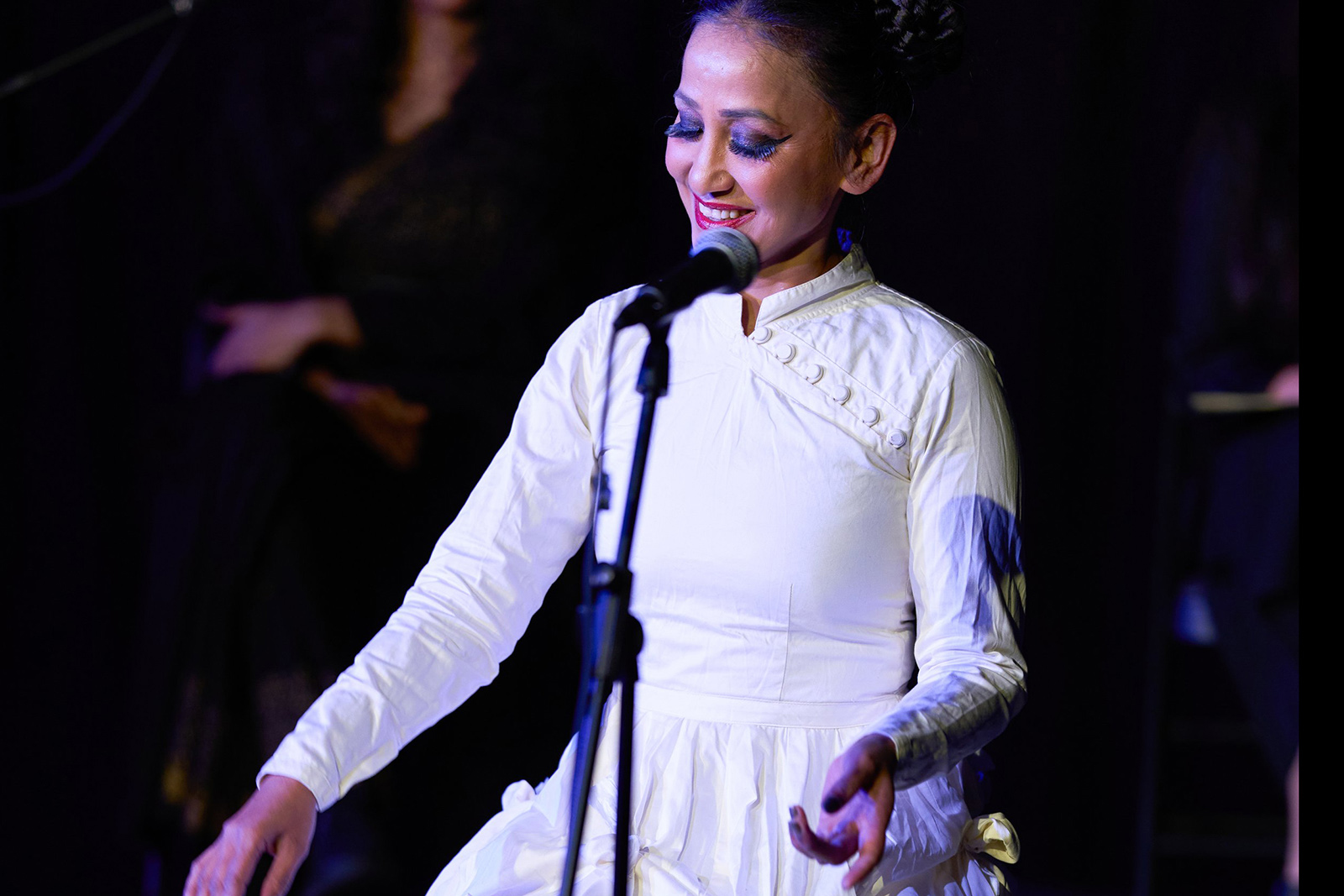
On a scorching Saturday in May, close to 100 people are packed into a cosy room in Brighton community venue The Rose Hill. Sitting cross-legged on Persian rugs and sipping drinks, the crowd ranges from a six-month-old baby to couples in their 70s, each listening intently to the sounds of South Asian classical music being performed only a few feet away.
Over the next 24 hours, 30 artists will take to the makeshift stage to play 15 instruments across eight different lineups, all under one name: mehfil.
Taken from the Arabic term meaning “gathering”, a mehfil in the South Asian classical tradition is an informal, intimate space where musicians can perform to a committed audience and strive to reach the rasa — the emotional essence and connection of a musical work.
Typically taking place as word-of-mouth, semi-private events in homes or community centres, the mehfil is a space for the diaspora to gather, but at The Rose Hill a new organisation, Mehfil Space, is trying something completely different.
“I was born in Pakistan and lived in seven countries throughout my childhood but, no matter where we were, my parents would host small musical events in their home and it got me hooked on this sound,” founder Atiya Gourlay says.
“I’ve been in Brighton for almost 30 years now and have always wanted to put on something similar here. There are so many talented UK-trained artists playing South Asian classical music, but they don’t have many opportunities to perform. They need small, welcoming spaces to hone their craft in, just as jazz artists have in the clubs. Last year, we finally began making it happen.”
Encouraged by Rose Hill co-founder Kassia Zermon, Gourlay went on to host six sold-out dates from September 2024 to March 2025 at the community-focused venue — which locals refer to as “Brighton’s Cafe OTO” — and is now putting on her most ambitious project yet: a marathon mehfil as part of the Brighton festival.
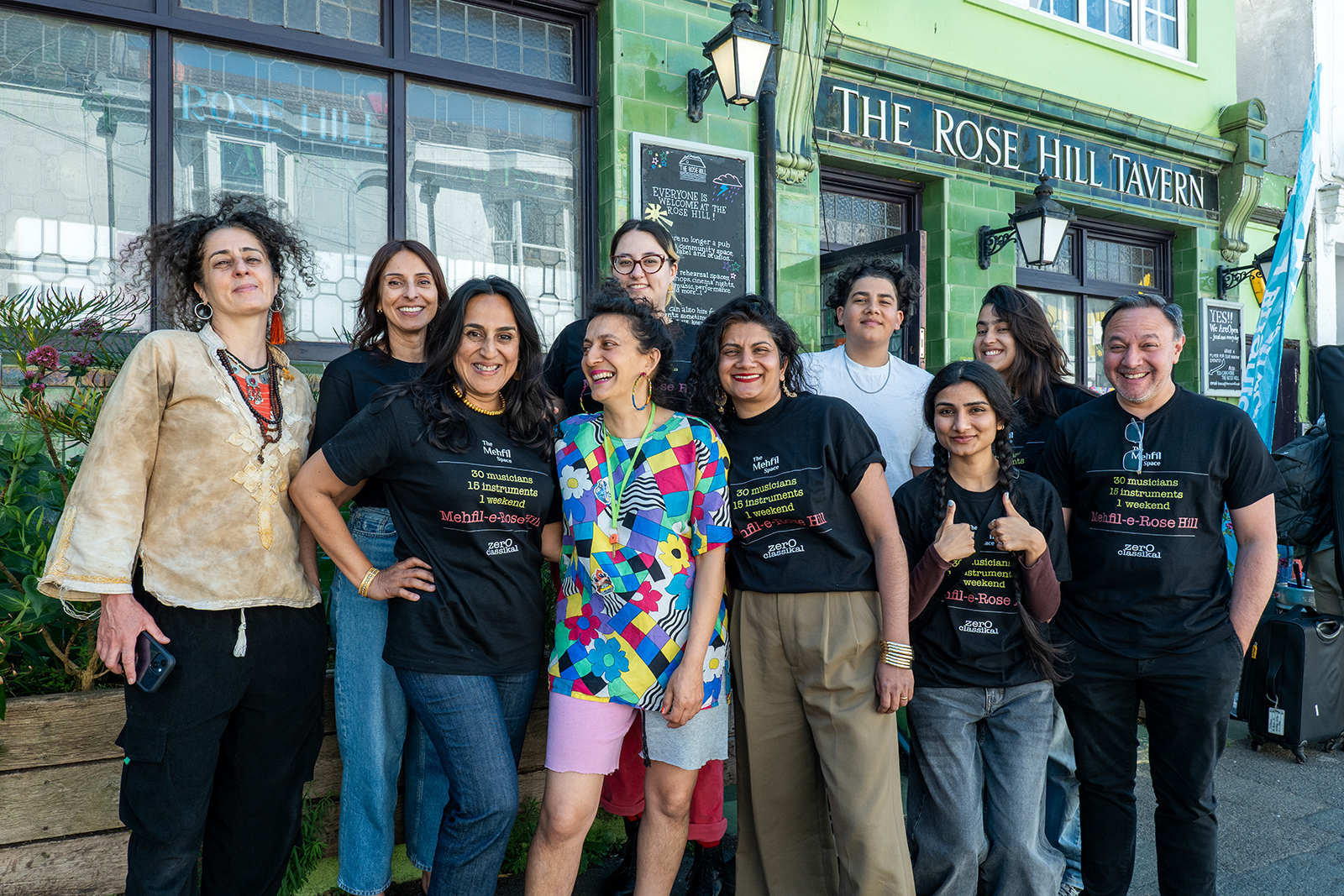
Performances range from an early-morning raga showcase at 9am to late-night ragas played until 2am and interactive musical workshops, all hosted by artists from the South Asian diaspora and those with white European backgrounds.
Julie, 72, is in the crowd for the weekend’s opening event, an emerging artist’s showcase, and is already planning on coming back for more. “I’ve never heard this music live before and this is such a warm, friendly space to experience it in,” she says. “You can just close your eyes and lose yourself completely. The levels of musicianship on display are incredible.”
Ariya, 28, from neighbouring Hove, also emphasises how unusual it is for this genre to be platformed in the area. “It often feels like you have to travel to London to hear South Asian artists or music,” she says. “It’s lovely to now experience it so close to home and to create a place for other people of colour to gather and celebrate.”
For the musicians it’s an equally invigorating space to perform in. “The informality of a space like this means I can try out new things,” 25-year-old tabla player Junaid Ali says. “I only just met [sitarist] Amisha Karsam an hour ago and now we’re about to play a whole set together. It’s really exciting.”
As one of two Muslim performers at the showcase, Ali embodies Gourlay’s mission of opening up the mehfil space not only to new audiences but also to performers who might not otherwise be associated with the music.
“There’s an assumption that this is all Indian or Hindu music but I first came across Junaid playing in a gurdwara,” she says. “We welcome people of all religions to play and watch, and we want to create an environment they’re comfortable to be in, rather than limiting the artistry to a religious space or someone’s private home.
“There’s only a handful of British Muslim artists making this music and an event like this shows that there’s no discrimination,” Ali adds. “It’s more important than ever in the current political climate to show people that is the case.”
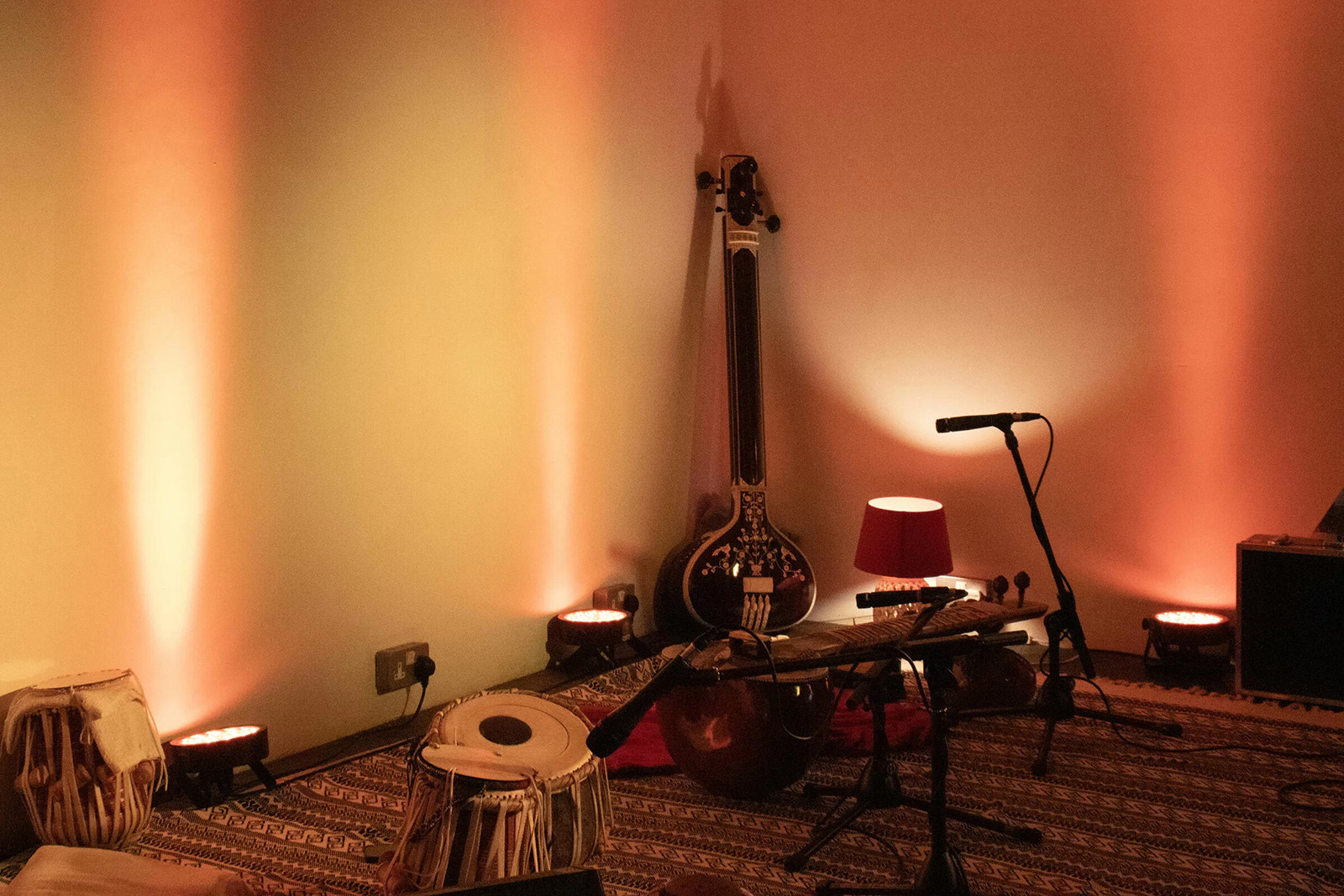
Carnatic violinist Aparna Raguraman, 19, grew up with South Asian classical musician parents but has never experienced something like a mehfil before. “I think it might have died out for my generation because over the past 15 years I’ve been playing I’ve never heard of a mehfil,” she says.
“I’ve always been looking for small, informal settings to try out material in and so this is perfect — I get to hopefully show other people that this music exists, as well as connect with my peers. It feels like things are getting much better for young British Asian musicians now,” Raguraman adds.
While large-scale events such as Darbar festival have been running for two decades, platforming South Asian classical music in concert halls such as the Barbican, the majority of their performances are by artists from the continent, rather than homegrown talent. So the concept of a close-knit mehfil, performed by British artists and open to the public, is rare.
“Often the young talent we have here has nowhere to go,” Hardial Rai, chief executive of the arts organisation zer0klassical, says. “We’ve partnered with Mehfil Space to support these artists and to help put on small events because this music isn’t meant to be amplified. The instruments have a soft acoustic range that should be played in small circles. We’re interested in finding only 50 people to watch, as that’s how you feel the rasa.”
Indeed, during Ali’s performance with sarod player Shayan Saqib, the tabla and droning strings weave through almost imperceptible shifts in rhythm, moving through gentle crescendos before breaking apart once more into wafting melody. In vocalist Diksha Murli’s set, a baby coos in harmony with a soaring note, drawing a chuckle from the musicians onstage. Throughout, the crowd leans forward, eyes closed or heads nodding in rhythm, entirely rapt.
“I thought I was too ambitious putting on eight events across two days, but now I think I wasn’t ambitious enough,” Gourlay laughs. “People have been so attentive and connected. It’s made me want to take this project to other smaller spaces around Sussex and beyond — we need to bring the mehfil to everyone.”
Listen out in your local pubs and clubs, as it seems this centuries-old movement is just getting started.
 Newsletter
Newsletter


